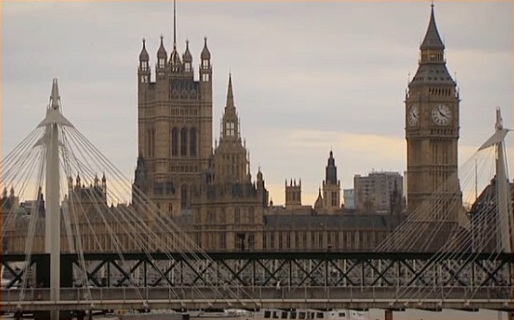Richard Nabavi on Cameron’s musical chairs

Who gains when the music stops?
One government proposal which has direct implications for the next GE is the reduction in the number of parliamentary constituencies, from 650 to 600. Discussion of this proposal has mainly centred on the equalisation of constituency sizes, which Labour has curiously characterised as ‘gerrymandering’ because it will slightly reduce the pro-Labour distortion under the old boundaries.
However, the impact at the next election will come not only from the equalisation of the sizes of constituencies, but also from the reduction in their number – a much bigger change than the reduction in the number of Scottish constituencies between 2001 and 2005.
One factor is incumbency; sitting MPs are known to have an advantage. In general, we would expect incumbency to help the government parties disproportionately, partly because they have the most incumbent MPs, and partly because some voters disillusioned with the government will make an exception for diligent MPs who can get credit for local constituency work.
According to The British General Election of 2010, the swing against Labour in May was on average 1.5% less in seats where the incumbent MPs stood again (excluding those most tainted by the expenses scandal) than in seats with new candidates.  Although we don’t yet know the details, it seems inevitable that few existing constituencies will remain untouched in the reorganisation; many will see major boundary changes or be partly merged with their neighbours, and 50 will disappear completely.
That will dampen down the incumbency advantage. In particular, the LibDems, who are particularly skilled in exploiting incumbency, may be hit by this.
A second factor is the impact on tactical voting, which has tended to build up over several elections. With major changes to the configuration of many seats, it will be much harder for voters to estimate the likely effect of tactical voting.
Who will gain and who will lose from all this disruption? The LibDems look most exposed on incumbency and tactical voting. On past form, the Tories may be the most likely to let internal squabbles become damagingly public, as we saw with the ‘Turnip Taliban’ and Westminster North. So perhaps Labour will gain by default. But this is not inevitable – the party which best plans for and manages this transition will be the one which comes off best when the music stops.
Richard Nabavi is a former poster of the year